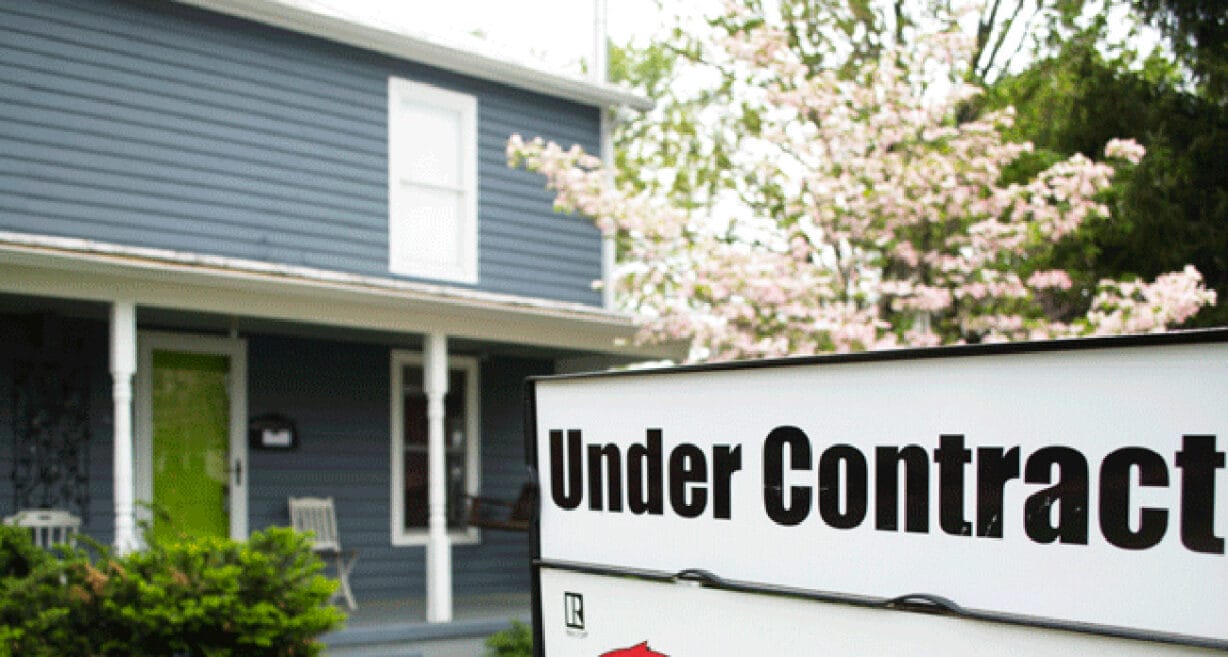
By Lizzie Stone, city council reporter
Of the 2,886 residential units the city council have approved as part of new developments since January 2021, 55 units are under construction and just 25 have been completed.
Harrisonburg is facing a housing shortage. High density housing has received enthusiastic endorsements by the council, but over the years progress has stalled on project after project.
City housing officials presented data to the council during their Tuesday meeting on the status of residential development projects that have requested rezoning or special use permits, both of which require council approval.
Since 2021, 209 total units have been added across the city, including 184 that did not require any action from city council.
The presentation also included recommendations from a 2021 study on how much additional housing will be needed in the city by 2025. It estimated 455-616 units of residential housing and 558 for-sale units will be needed in the city. Current residential construction numbers fall well below recommendations for new units.
Mayor Deanna Reed said the council knows the city faces a housing crisis. Data like this can help council members be strategic with their solutions to the shortage. The council “can approve all day long,” but housing isn’t being built fast enough after that, she said.
City housing coordinator Liz Webb said each project is an individual case and can be delayed for a variety of reasons, including many whose developers are waiting for inflation to lower.
Councilmember Laura Dent said she wants to allow townhouse developers to build private roads within a complex without a special use permit. She said it will help make the process more streamlined by removing the barrier of city council approval.
Beekeeping now allowed within city limits
City residents can now keep bees on residential lots after an amendment to city zoning ordinances was approved Tuesday.
The new ordinance will allow at least two hives on any residential property, with more hives allowed on larger lots. Residents can also have up to two additional temporary hives for special circumstances of queen mating or an unexpected overflow of bees.
Beekeepers will have to follow additional city regulations on hive location, and amenities such as a flyway barrier and water source. They will also have to reapply for a beekeeping permit annually, allowing officials to monitor bee populations within city limits.
Also from Tuesday’s meeting:
- Harrisonburg will apply for a federal Railroad Crossing Elimination grant alongside JMU and Rockingham County. Officials want to move a section of the railroad north of city limits, then convert the old rail into a pedestrian path that will connect the JMU campus to downtown Harrisonburg. The grant will cover the planning phase of the railroad relocation, including engineering designs, cost estimates and project schedules. Each involved group will put $20,000 toward planning to meet the grant’s funding requirements.
- A new mentorship program by the Harrisonburg Economic Development aimed at helping early-stage entrepreneurs won the council’s approval Tuesday The program will help people with new businesses identify barriers to growth and match them with an advisor who has expertise in addressing those issues. City officials said the program is meant for entrepreneurs who are past the idea stage but are still small, or those making between $5,000-$100,000 in revenue. Business owners can also earn a $2,500 acceleration grant after completing the advisor program to help solve their problem.
- One group of pickleball players waited through the meeting so they could cheer on their spokesperson during the public comment period. After hearing a passionate case for new lights at Morrison Park over the pickleball courts, the council decided to consider a sympathetic resolution during the next meeting on Sept. 24.
Thanks for reading The Citizen, which won the Virginia Press Association’s 2022 News Sweepstakes award as the top online news site in Virginia. We’re independent. We’re local. We pay our contributors, and the money you give goes directly to the reporting. No overhead. No printing costs. Just facts, stories and context. We value your support.












